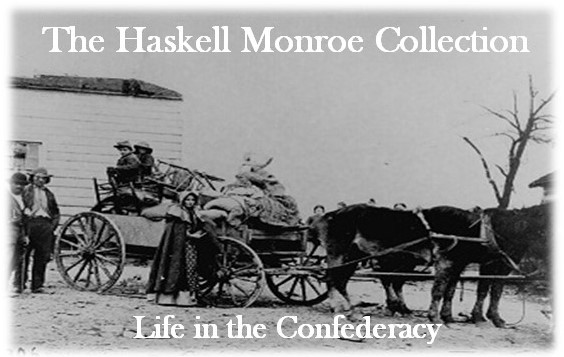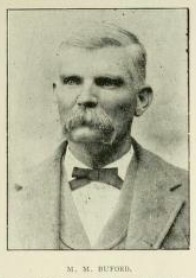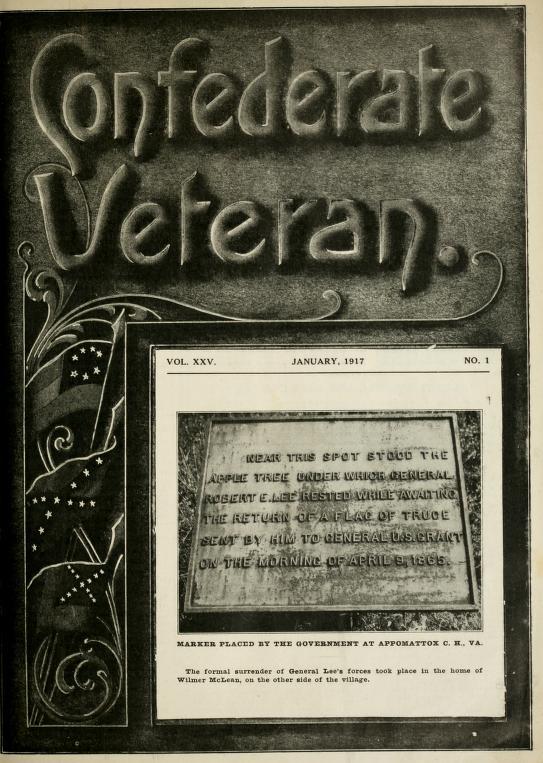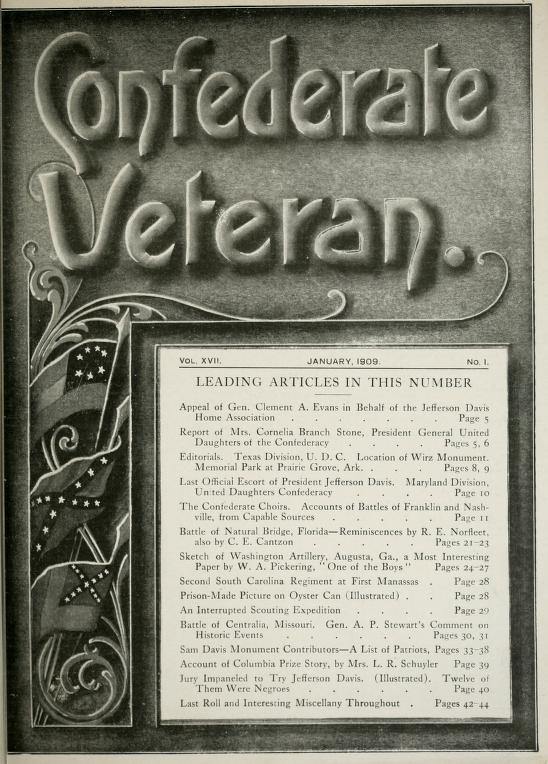"The Most Gallant Army that Ever Batted for Right and Justice:" The War's End
Remembering the End of the War (April 1865):
Some of the most blatant expressions of the Lost Cause narrative come from the war's end recollections. Having lost the war, former Confederates wanted to justify the bloodshed to future generations by focusing on the "cult of the fallen soldier" and Southern citizens' bravery rather than the war's causes. This meant their narratives had to express a romanticized version of the war, highlighting the gallant soldiers who fought to defend Southern values and honor rather than the institution of slavery.
Historian David Blight wrote: "Deflections and evasions, careful remembering and necessary forgetting, and embittered and irreconcilable versions of experience are all the stuff of historical memory.”
The following articles from the Confederate Veteran look at the surrender of Confederate troops and Richmond's Fall through the Lost Cause lens.
"The Surrender of Johnson's Army"
Confederate Veteran v.28 (1920)
This article describes the surrender of Confederate General Joe Johnson and the loss of the war. In doing so, it calls the Confederate war effort a reflection of "the most gallant army that ever battled for right and just."
"The Evacuation of Richmond"
Confederate Veteran v.25 (1917)
This article follows a woman's diary and recalls Richmond's Fall and the"terrible misfortune that had befallen [their] beloved city."
"The Fall of Richmond"
Confederate Veteran v.17 (1909)
The article discusses the burning of Richmond and the confusion and transition to Union hands. From the perspective of a fourteen-year-old boy, this article describes his experience as he watched as "some women and boys stood on the corner and waved little Union flags."
Questions to Consider:
Describe the ways these articles are remembering the fall of Richmond.
In what ways does Lost Cause ideology find heroism in defeat?
Each of these articles is written from a different perspective (a man, woman, and child), compare and contrast them.



